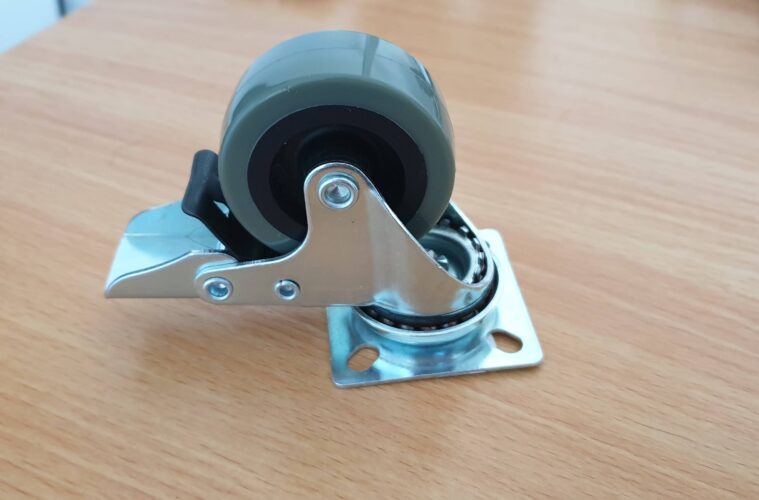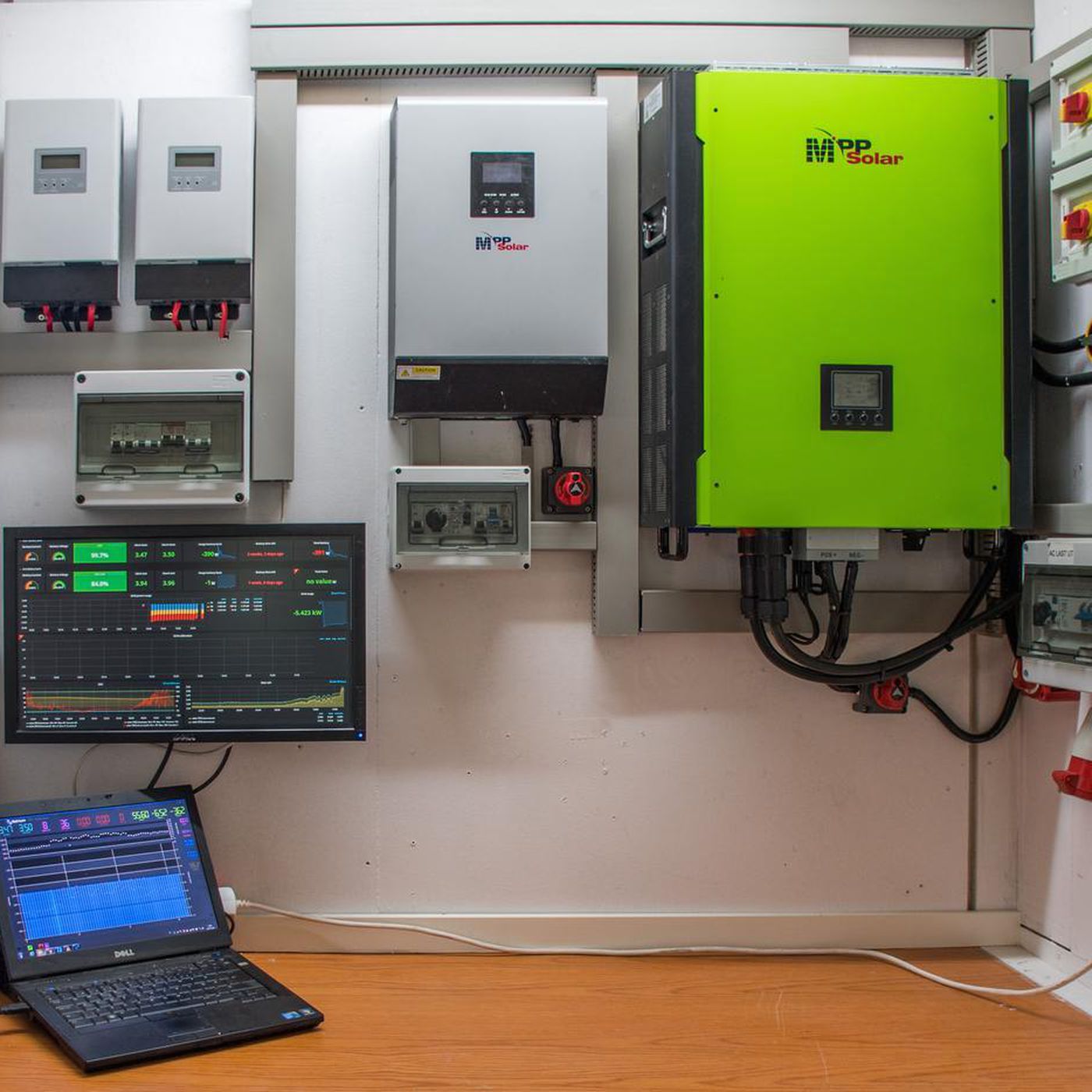The choice of the correct castor for your application is critical. You or your equipment’s user may be harmed if you don’t pick the proper castor. If you’re not sure which castor is right for your needs, it’s a good idea to get help from a safety or engineering professional who knows your equipment and its intended use.
Castors come in all shapes and sizes, and there are a variety of options when it comes to models. Although there is no set formula for selecting the ideal castor wheel, the information below is intended as a reference to help you determine which castors are perfect for what you need. Luckily, there are plenty of businesses that offer a wide range of Castors, Wheels and Smart Mobility Solutions from reputable manufacturers such as TENTE UK.
Castor Load Weight and Wheel Size
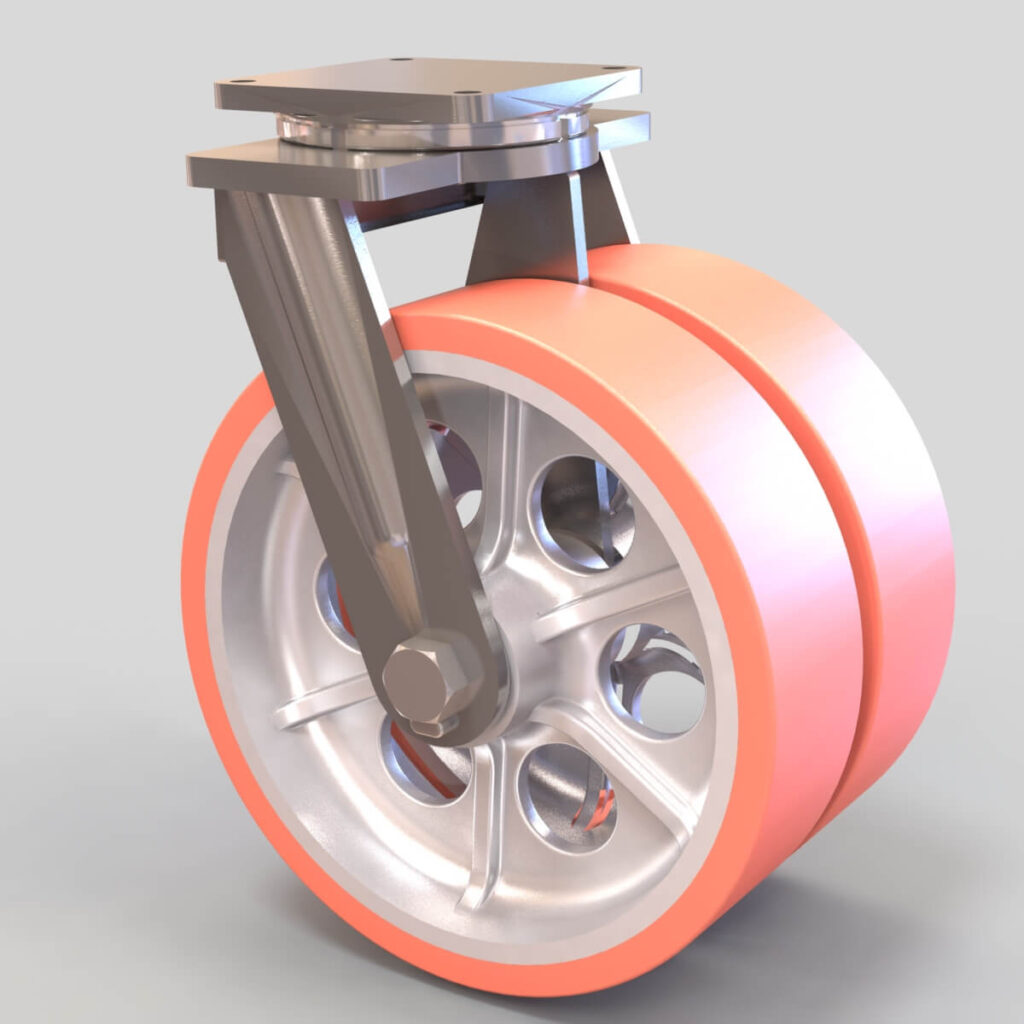
source: casterconcepts.com
The first thing to consider when choosing a castor is the combined weight of the equipment and the maximum load it can bear. The heavier an item is, the larger a wheel is required for its castor. Larger wheels distribute weight more evenly and roll over obstacles with ease.
To calculate the load capacity for each castor, divide the total weight of the equipment and maximum load by the number of castors to be utilised. Each castor wheel must support this amount. Always choose a castor that is capable of supporting a greater load than the calculated per-castor capacity. This permits for unforeseen circumstances that can affect the performance of the wheels.
Choices of Castor Wheel
Hard tread wheels are generally better on soft or smooth floors, and soft tread wheels function best on hard or rough surfaces, including outdoor surfaces.
Take into account all special floor conditions – tracks, gutters, grates, sills, elevator thresholds, seams, and dock plates while selecting a wheel type. The larger and softer the wheel is, the easier it is to roll over rails and similar obstructions.
Choose softer cushion tread wheels if you need to protect the floor. Solid cushion rubber, thermoplastic rubber, high modulus rubber, and pneumatic rubber wheels provide quiet operation while also providing excellent floor protection. Steel and Cast Iron wheels are not suggested for floor protection, but they are ideal for industrial applications.
Castor Wheel Materials
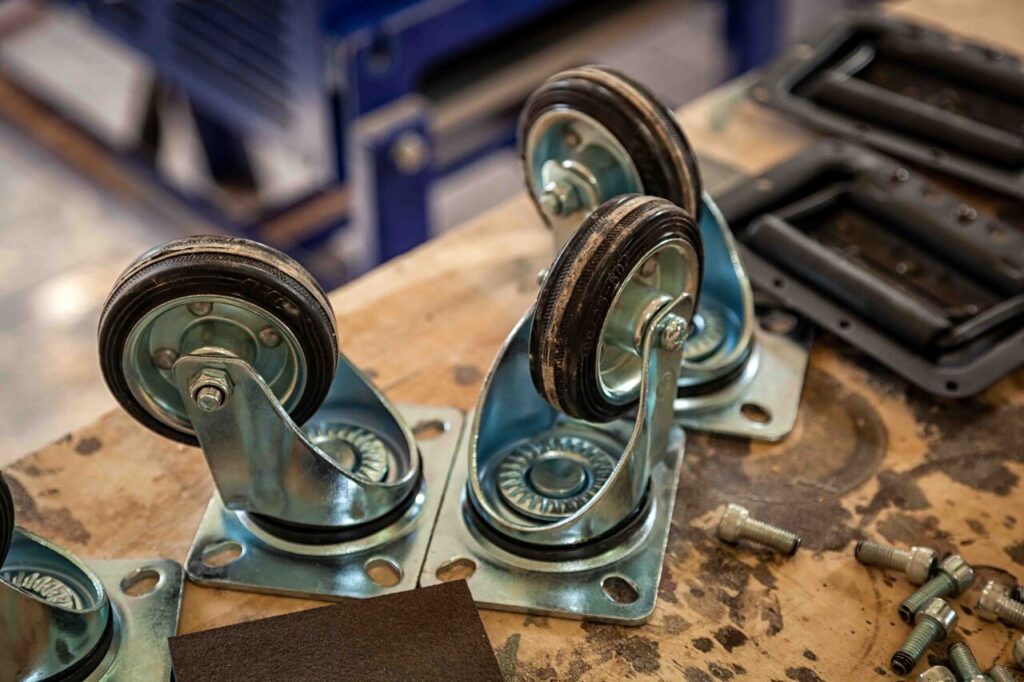
source: grainger-prod.adobecqms.net
Polyurethane
The most popular castors are made of polyurethane, which provides a smooth ride and is extremely durable. Polyurethane wheels work well on both hard floors and carpets. They are also safe for use on outdoor surfaces. Polyurethane is a good choice if you expect your castors to see heavy-duty or rugged usage because of the material’s strength and durability.
Polypropylene
Polypropylene wheels have low weight, which makes them easy to install as well as excellent for mobile equipment that won’t be moved often. They’re among the safest types of wheels available – they don’t mark floors and will not cause static electricity so long as there is no dust build-up on the wheel surface.
Steel Alloy Urethane
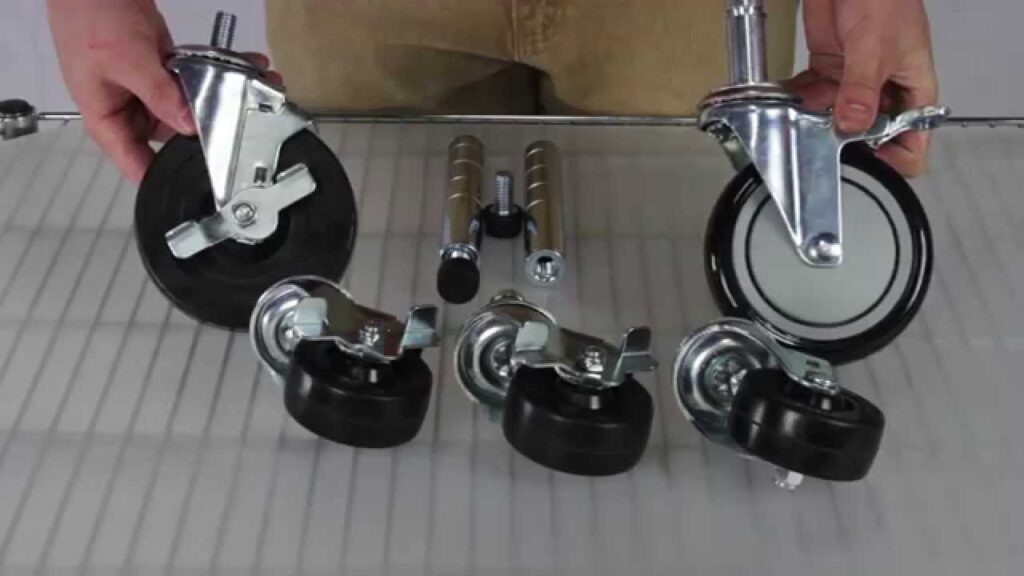
source: pinterest.com
Steel alloy urethane casters provide a smooth ride on most floor surfaces while being strong enough to handle indoor/outdoor applications with ease. The durable steel construction can withstand tough conditions where other materials might wear out quickly.
Solid Rubber
Solid rubber wheels have a good balance of comfort and durability. They’re capable of handling heavy loads, like steel-wheeled casters, but they do not offer as smooth a ride as urethane or polyurethane castors because solid rubber is generally harder than these other materials.
Pneumatic
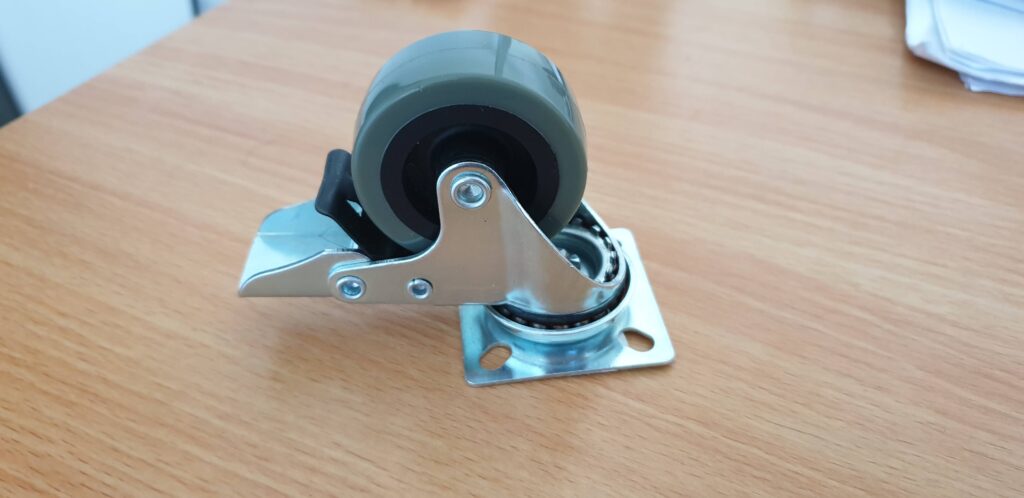
source: i.talpix.lt
If you need to move your equipment across grass or gravel frequently, consider installing pneumatic casters that allow the unit to roll over surfaces which would otherwise be difficult for wheeled units. Pneumatic wheels are filled with pressurized air and are often used in outdoor environments due to their excellent traction capabilities on soft terrain such as mulch or sand.
As you can see this information at The Architecture Designs, the choice of castor wheels is quite extensive. There is a correct castor for every possible situation.

